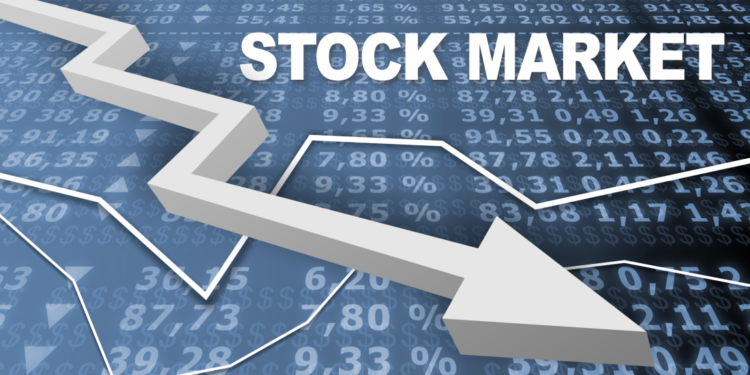In the face of daunting economic challenges characterized by high inflation and a weakening exchange rate, Nigeria’s stock market has emerged as a beacon of resilience, reflecting the nation’s economic trends with remarkable vigor. RateCaptain financial analysts, shed light on the pivotal role of the stock market as a barometer of economic health, underscoring its intricate relationship with broader economic indicators.
A Remarkable Performance
The performance of the Nigerian stock market has been nothing short of remarkable, defying prevailing economic headwinds to soar to new heights. The All-Share Index, a key indicator of market performance, has witnessed a staggering surge, climbing from 74,773.77 index points at the beginning of January 2024 to a closing figure of 102,108.05 points by February 6th, marking a year-to-date gain of 36.56%. This exceptional performance stands as a testament to the resilience of Nigeria’s capital market, even amidst challenges such as elevated inflation, currency devaluation, and security concerns.
Navigating Inflationary Waters
The specter of inflation looms large over the Nigerian economy, with the inflation rate surging to 28.92% in December, marking the eleventh consecutive increase since February 2023. This persistent upward trajectory underscores the daunting inflationary pressures confronting the nation, posing significant challenges for businesses and consumers alike. Despite these formidable headwinds, the stock market has remained steadfast, reflecting the economy’s resilience in the face of adversity.
Exchange Rate Volatility
The Nigerian Naira has faced its own share of challenges, witnessing a decline against the dollar amidst strong demand and declining foreign exchange reserves. Despite efforts by the Central Bank of Nigeria to stabilize the currency, the Naira has continued to weaken, reaching a low of N1,433.89 per dollar on Tuesday. This ongoing depreciation has raised concerns among investors and businesses, further highlighting the importance of a resilient stock market as a hedge against currency volatility.
Expert Insights
Market experts emphasize the intrinsic link between the stock market and broader economic indicators, noting that as inflation and exchange rates rise, share prices tend to follow suit. This dynamic reflects the market’s role as a barometer of economic performance, with investors increasingly drawn to equities as a refuge from inflationary pressures. While market volatility remains a concern, experts advise investors to adopt a prudent approach, focusing on companies with strong fundamentals and long-term growth prospects.
Looking Ahead
As Nigeria’s stock market continues to navigate turbulent economic waters, cautious optimism prevails, with market resilience serving as a source of hope amid uncertainty. While challenges persist, the stock market remains a vital engine of economic growth and prosperity, offering investors an opportunity to participate in the nation’s ongoing development journey.










